If the above sounds terrible to you, don’t hold your breath. Beyond the glittery Tinseltown, things are much worse for LGBTIQA+ persons, the ones who are not straight, not white, not rich, not able-bodied, all those who do not fit into the heteronormative or even the homonormative narrative of respectful, 'benign', and 'discreet' queerness. The problem, in this case, is not only that the sexual violence among and towards queers goes by unnoticed as an extension of their already disenfranchised status and the multiple, subtle, and normalized forms of nonsexual queerphobic violence to which they are subjected due to the fact of their mere existence as ‘queer’, but both society and the state turn a blind eye to what is happening. The reasons behind this invisibility and unintelligibility of this sexual violence precisely as sexual have to do with a series of misconceptions around the sexual and gender identities and expressions that fall under the acronym. However, each of these ‘letters’ ‘enjoys’ this erasure of sexual violence against it in different ways with regard to different stereotypes enforced onto them. Trigger warning for what’s coming next! Gay men are men, the dominant gender, so how could a man rape another man, since they are both equal in terms of gender-based power? Moreover, they are very sexually active, practically horny all the time, according to the 'common wisdom'.
On the other hand, lesbians don’t even have a penis-as-weapon to exercise violence upon another lesbian, and in any case, women are neither violent nor sexual by nature. When it comes to bisexuals, well mate, they are promiscuous by design having sex with literally everyone that comes along their way, and we all know that they are not to be trusted. Transgender and intersex folks are a whole different story. Who in their mind would ever want to have sex with such persons?! Especially trans women are really hot for some men, you know, since all trans women are sex workers who are asking for it anyway. Yet, at the same time, trans men are practically non-existent, so no sexual violence against them could happen. Aromantics and asexuals…. don’t get me started! These folks simply don’t exist, and if they do, since they don’t get horny, let’s not make a fuss about it. All the abhorrent hate speech statements are more than empty words which nonetheless hurt our feelings. Instead, both they perpetuate queerphobic violence and delegitimize such violence, the sexual one included, in the first place. In other words, such statements express and further establish queerphobic ideologies which in turn give birth to very material acts of violence and at the same time prevent these acts from being judged as violent. As a result, incidents of sexual violence among and against queer persons get invisible and normalized even within the LGBTIQA+ community.
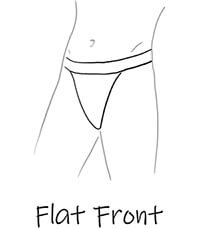




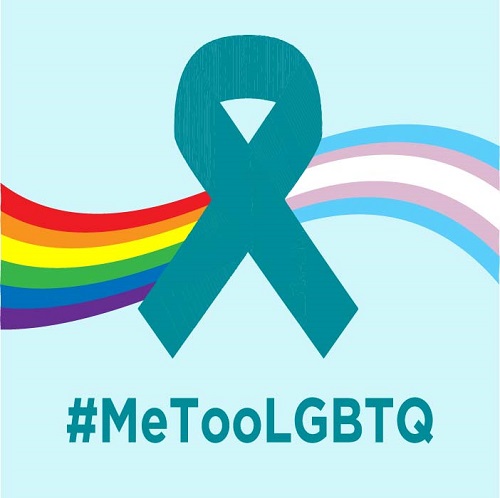
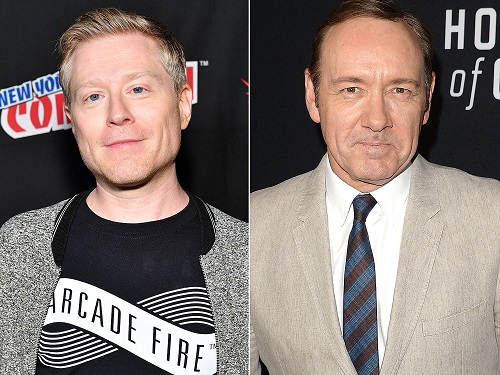
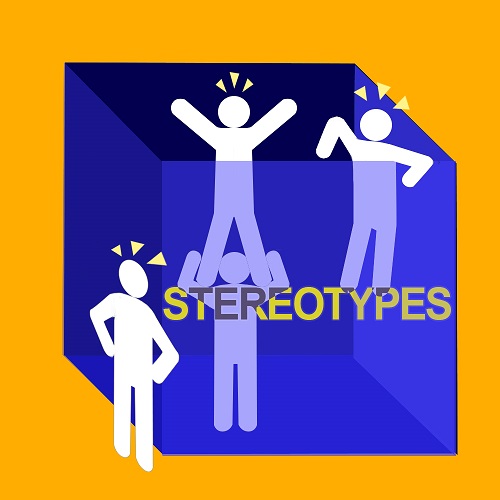
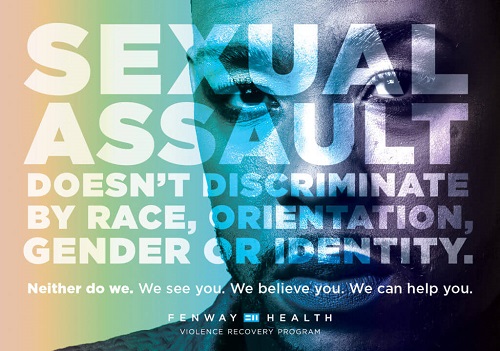
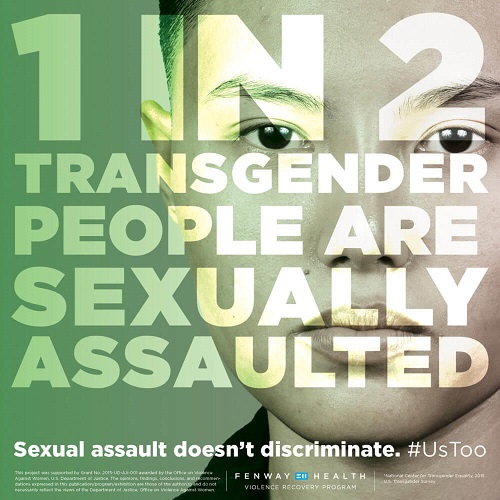
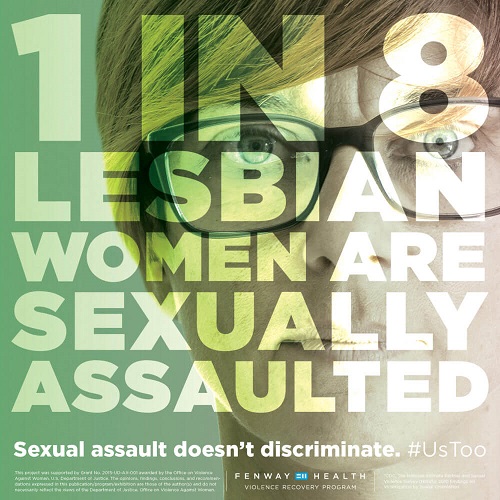
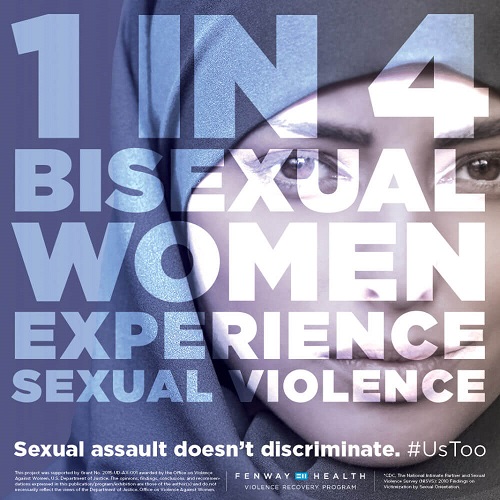
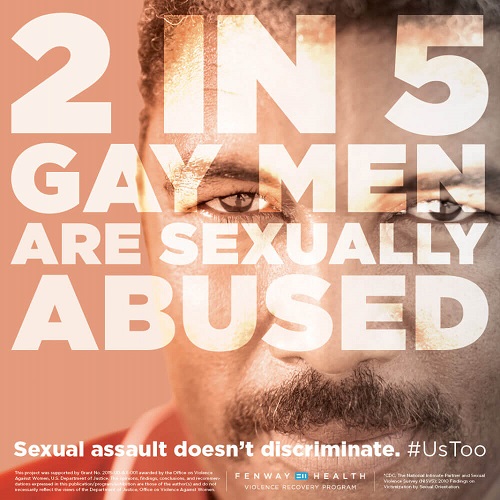
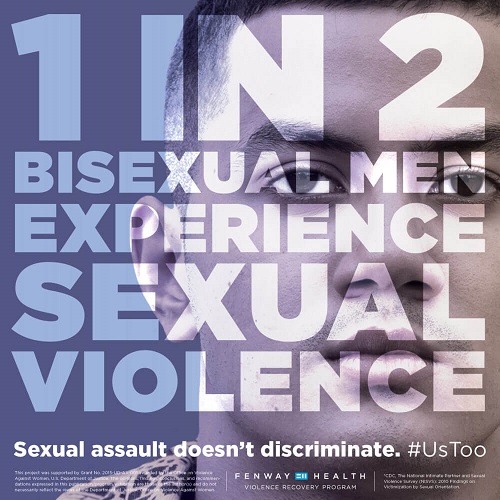

 Login
Login